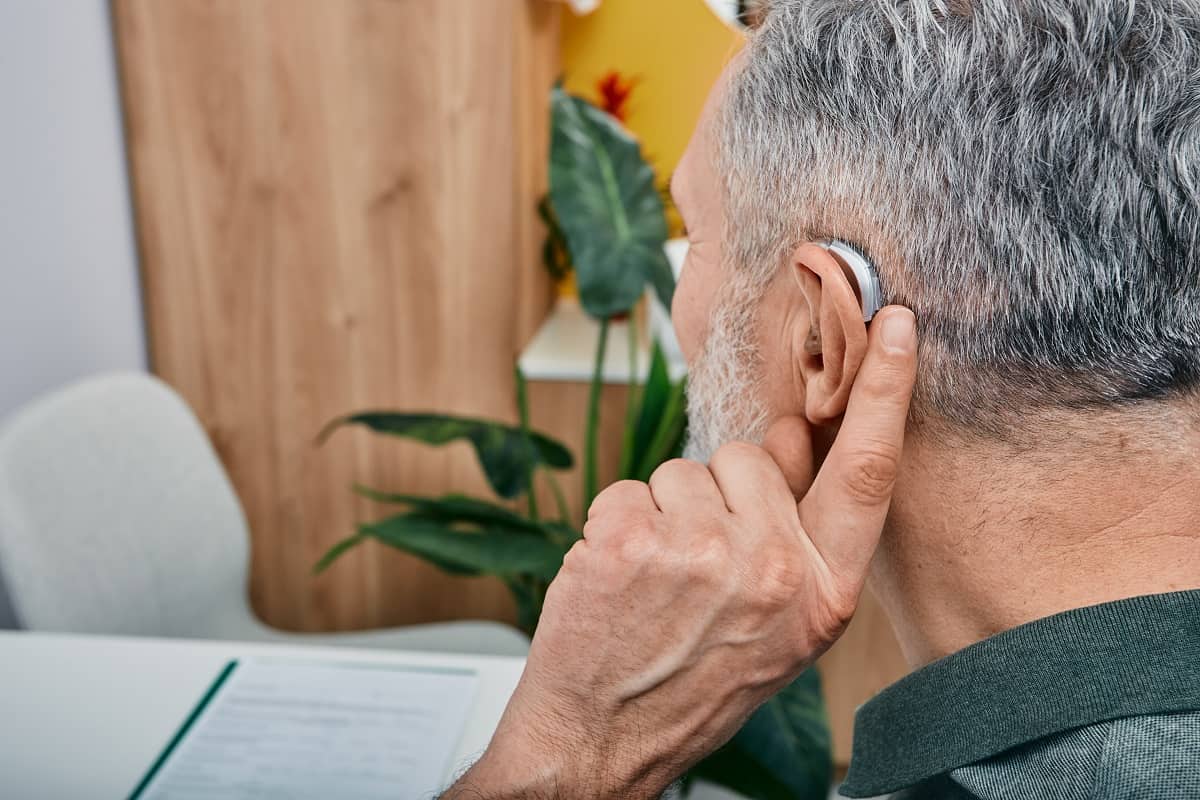
Your Hearing Health is Your Overall Health
Many people take for granted that they know the fundamentals of health. The standards of proper diet, exercise, and sleep are well-known to everyone. Whether or not someone chooses to abide by them and intentionally adopt healthy habits or not is rarely a matter of ignorance. And our bodies warn us very clearly when we do not give them what they need. It is probably less well known however that hearing health is another foundation of overall health.
When hearing loss is ignored or downplayed, its consequences unravel into every dimension of one’s life. Relationships suffer and the reasons for this are obvious. The quality of every relationship depends on communication. Work opportunities suffer. If you are expending extra energy just keeping up, or even worse, falling behind, obviously you cannot excel at your work. But consider hearing loss’s impact on your overall health.
Without appropriate treatment hearing loss leads people to feel cut off socially. They are likely to withdraw, probably even subconsciously. This leads to loneliness. Loneliness creates frustration, which compounds on itself, creating feelings of helplessness, anxiety and even depression. And beyond these emotional and psychological effects, as our brains adapt to hearing loss they literally rewire the neural circuitry that creates meaning from sound. This process leads to disorientation and even cognitive decline.
But all of this is so simply avoidable when you accept the fact that proper upkeep of hearing health is an essential aspect of your overall health. Same as you likely get an annual physical, or many people have their eyes checked annually, getting into the habit of an annual hearing test gives you object data according to which you can accurately assess your hearing health and respond inappropriately. This becomes more and more important for each of us as we age.
The Data
Not only are the consequences of untreated hearing loss far worse than many people may assume, hearing loss is also far more common than you might know. Around 13% of the U.S. population lives with some detectable degree of hearing loss and this percentage increases significantly with age. Congenital hearing loss is a factor in less than three out of every 1,000 births. But hearing loss affects more than 6% of those aged 18-44. People aged 45-64 fall just about right in line with the overall average, with a little less than 14% of them impacted by it. But beyond that age, the prevalence of hearing loss really begins to ramp up. More than one in four people between the ages of 65 and 74 live with it. And more than half of everyone aged 75 years old and older has hearing loss. Think about that. If you are 75 years old or older, you are more likely than not to have hearing loss.
Beyond the emotional, psychological, and cognitive impacts listed above, in the immediate, always, your physical safety depends on your hearing. It is primary to spatially orienting yourself in your environment and your sense of balance depends on it. This only increases the strain that hearing loss puts on relationships when your friends, family, or coworkers have to worry about you.
Now that you know all this, perhaps the most shocking statistics of all are about how reticent most people are to take control of their own destinies in this regard. Less than one out of every five people with hearing loss seeks and keeps up with a treatment plan. And among people who do wear hearing aids, research shows that they have waited an average of seven years putting off wearing them from the time that they first knew that they should.
Don’t Wait
Studies have proven that proper use of hearing aids slows down cognitive decline and the sooner that one gets in the habit of wearing their hearing aids, the more significant these improvements are. Cognitive decline means forgetting details of your own personal history. It means missing appointments and losing your train of thought and decisions become more difficult to make.
Hearing loss often comes on so subtly over such a long period that it can be nearly impossible to recognize. This is why it is so important for you to speak up if you suspect a loved one is having trouble hearing. They literally don’t know it.
Make an appointment with one of our specialists today. Objective data interpreted by skilled specialists will determine the treatment that works best for your condition and your pocketbook.
